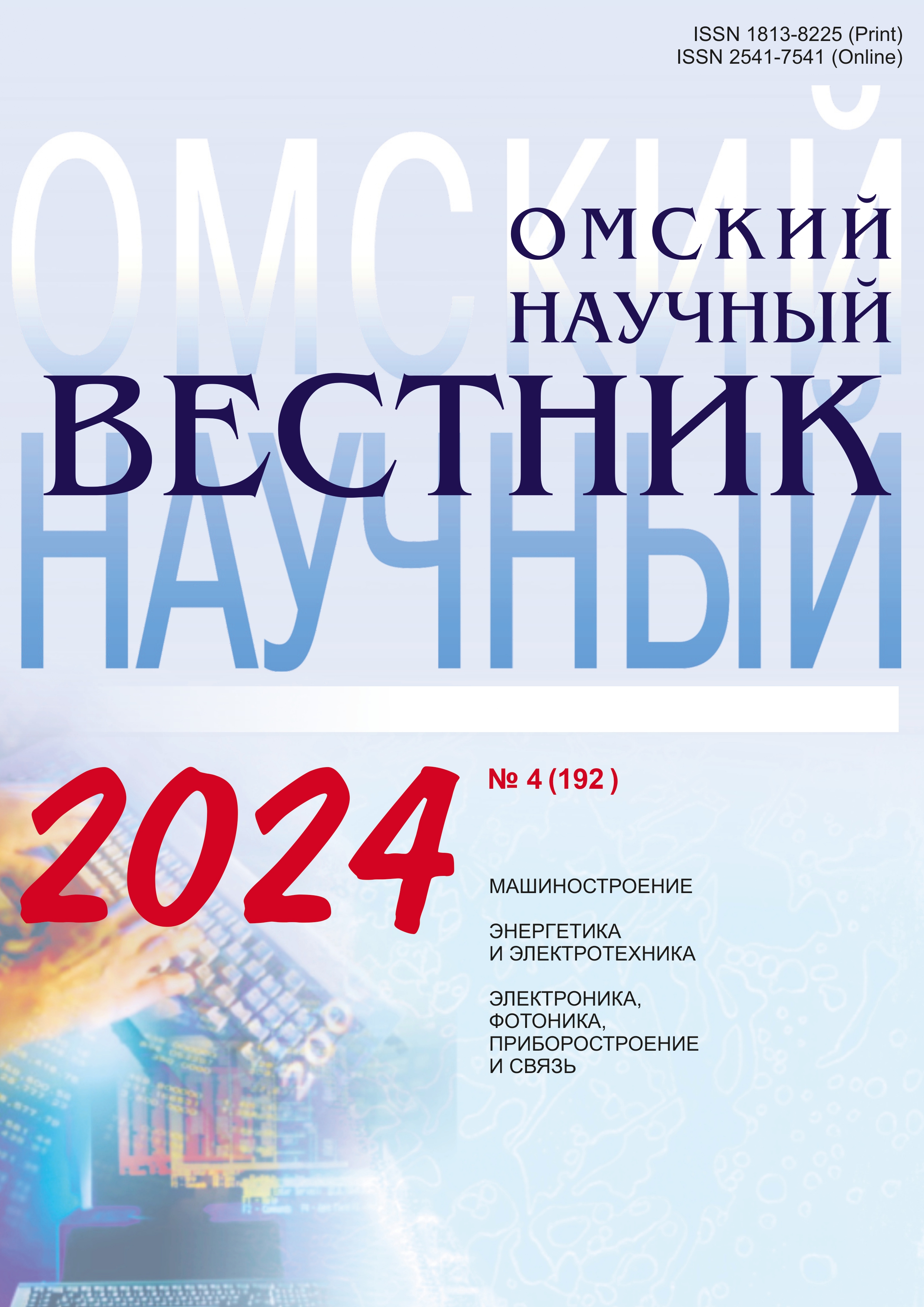Design and simulation of photovoltaic systems using PVsystem software
DOI:
https://doi.org/10.25206/1813-8225-2024-192-91-99Keywords:
photovoltaic module, inverter, photovoltaic system, solar power plant, MPPT solar trackers, PVsystem modelingAbstract
Photovoltaic energy system is one of the most popular and quickly expanding renewable energy sources because of its great availability, enormous potential, and environmental sustainability. In addition, photovoltaic systems produce clean energy and not pollutant thus contributing to the fight against global warming. Photovoltaic system requires less maintenance given the absence of mechanical components, and it can be also integrated to the electrical grid.
The objective of this research is proposed an effective method for designing and Modeling of an 11 MWp photovoltaic plant capacity connected to the national grid of Niger by using software PVsyst.
Method: choice of the type of system (system connected to the network), the geographic location of the installation site using the software database. Then comes the orientation of the photovoltaic system, the choice of the technology of the photovoltaic system (photovoltaic panels, inverters, transformers... etc) and their calibrations, Study of detailed losses (system losses, wiring losses and array losses) and execution of the command to simulate the system.
Results: design and simulation model of an 11MWp photovoltaic power plant was developed composed of 29120 photovoltaic panels with a power of 385 Wp each, 133 MPPT inverters with a power of 66 KWac each and a Medium Voltage transformer with a capacity of 11 MW. The project has been simulated and results obtained has been analyzed.
Practical significance of the research: Design and Simulation of photovoltaic system using the software allows the engineers, academics and researchers to acquire skills in the design and simulation of photovoltaic systems.
Downloads
Published
How to Cite
Issue
Section
License
Non-exclusive rights to the article are transferred to the journal in full accordance with the Creative Commons License BY-NC-SA 4.0 «Attribution-NonCommercial-ShareAlike 4.0 Worldwide License (CC BY-NC-SA 4.0»)




